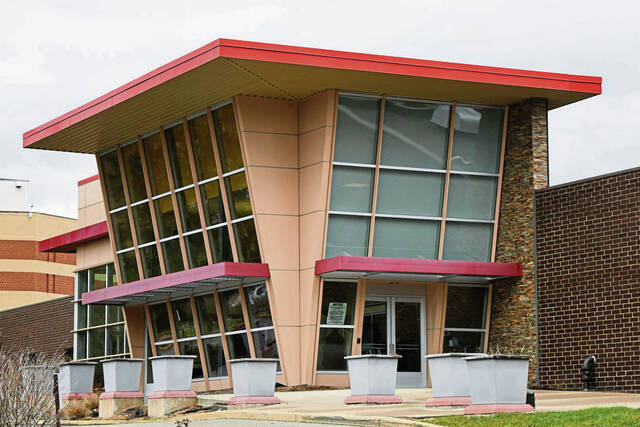Pittsburgh Mayor Ed Gainey is urging City Council to reject legislation that would revamp the city’s planning processes and restructure city departments.
Councilwoman Theresa Kail-Smith, D-West End, last month introduced a series of bills she hopes will create a smoother process for developers looking to build in the city.
The package proposes to replace the nine-member Planning Commission with a five-person Commission on City Development. Commissioners would be appointed by the mayor to five-year terms, subject to council approval.
It also would create a new Department of City Development, which Kail-Smith described in the bill as a “one-stop shop” for development. The new department would absorb the responsibilities and staff now housed in the Department of City Planning, which would be scrapped.
Kail-Smith said she hopes to encourage development and expedite permitting. She said the existing model — which requires unelected officials on the Planning Commission to give the nod to developers looking to build in the city — was cumbersome, though her legislation replaces it with another board of people who are not elected.
“Our departments have been more of an obstacle for council and the things we want to do to help our residents accomplish and developers accomplish in our neighborhoods,” she said.
Kail-Smith said development can help stabilize communities, create much-needed housing and create jobs. She reiterated concerns sometimes heard from builders that the city’s planning process is long, opaque and costly.
“I think there’s just too many obstacles,” she said.
Gainey in a letter to council members last week raised concerns about Kail-Smith’s proposals — but also expressed a willingness to work on compromises.
Gainey wrote that it “may be worth exploring” a development department, but he argued that abolishing the existing Planning Commission “threatens core functions of the current planning and development process.”
Kail-Smith further proposed to shift the city’s Department of Permits, Licenses and Inspections back under the umbrella of Department of Public Safety.
It was moved from the Department of Public Safety and made into a separate department under a 2014 ordinance. Under Kail-Smith’s measure, it would be renamed the Bureau of Building Inspections.
The mayor said moving the Department of Permits, Licenses and Inspections back to the Department of Public Safety would not change its operations but could be a step backwards in efforts to modernize and standardize building code review and enforcement.
Dan Friedson, who formerly served as council’s solicitor and now is a policy analyst for Kail-Smith, said he believes building inspections, trash violations and other issues handled by the Department of Permits, Licenses and Inspections ought to be housed under the purview of public safety officials.
“To think your building inspectors don’t play a public safety role is ignorant,” he told TribLive.
Health department dispute
Another bill Kail-Smith introduced would create a new Department of Public Health.
Gainey in his letter to council members said the measure would “confer upon the city functions like disease control and prevention, as well as broad public health powers, that are far beyond the ability of city government to effectively deliver without enormous investment.”
It also would mimic work already done by the county’s health department, the mayor said.
But Kail-Smith said that’s not what she intended. She envisioned a department geared “towards properties, not people.” She said it would focus on addressing building-related health issues — like lead paint and asbestos — but would not deal with vaccines, pandemics and broader health emergencies.
According to Friedson, a new city health department would allow officials to conduct the kind of safety inspections on housing units that the city has long tried to implement through the controversial rental registry program, which has faced repeated legal challenges.
New timelines
Kail-Smith’s package also proposes new timelines aimed at ensuring developments can move ahead efficiently.
It would give the zoning administrator 30 days to inform people if applications are incomplete. If the zoning administrator does not do so within that timeframe, the application would be deemed complete.
The measure would give the city’s planning agency 90 days after its first meeting once an application is deemed complete to render a decision on it. Failure to act within that timeframe would become a deemed approval unless the applicant agreed to an extension.
Gainey in his letter did not specify whether he would back the measures that implement those new timelines.
Kail-Smith told TribLive she appreciated feedback from the Gainey administration and was open to amending measures. She did not specify what kinds of changes she was considering.








